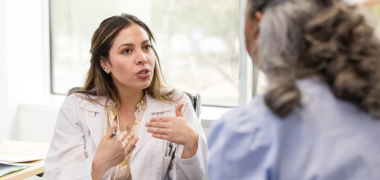
This role has a high level of AI exposure. While some human skills are required, many tasks could be automated or replaced by new technology.
Explore all careersA Clinical Scientist analyses biological samples and develops testing methods to aid disease diagnosis and treatment in healthcare settings.
Browse occupations related to Clinical Scientist



For those aspiring to enter the healthcare field, Clinical Scientist courses in Australian Capital Territory provide a comprehensive pathway to a rewarding career. These programs equip students with the skills necessary for various critical roles in health services, including advanced diagnostics and laboratory procedures. Knowing the significance of professional training, all courses listed are offered by Registered Training Organisations (RTOs) or acknowledged by relevant industry bodies, ensuring a high standard of education.
Upon completing Clinical Scientist courses in Australian Capital Territory, graduates can explore various job roles such as Medical Laboratory Technician, Pathology Assistant, and Phlebotomist. Each of these roles plays a vital part in modern healthcare, making contributions to patient diagnosis and treatment. By pursuing the right education, individuals can seamlessly transition into these vital professions within the Canberra region and beyond.
In addition to hands-on clinical skills, students will also learn about the broader field of Healthcare and its various specialisations. For instance, they may find interest in Pathology, which delves into the laboratory analysis of diseases, or opt for roles as a Medical Laboratory Scientist or Medical Scientist. Each avenue opens doors to specialised knowledge and the opportunity to contribute meaningfully to the healthcare community within the ACT.
With a clear focus on fostering future professionals, Clinical Scientist courses in Australian Capital Territory not only prepare students for their initial roles but also lay the groundwork for advanced positions like Clinical Research Coordinator or Medical Researcher. For those with aspirations to make an impact, the journey starts here. Explore the full range of opportunities and take the first step toward a fulfilling career by visiting the comprehensive listing of courses available at Clinical Scientist courses in Australian Capital Territory.